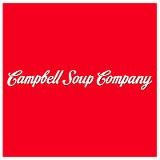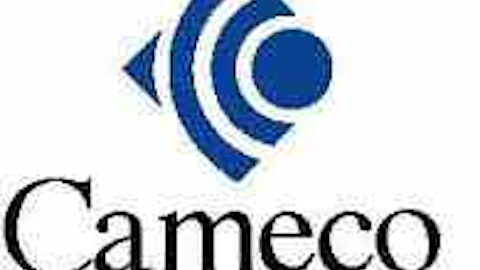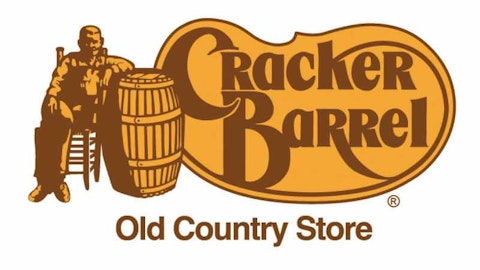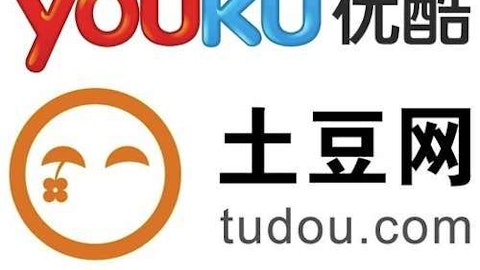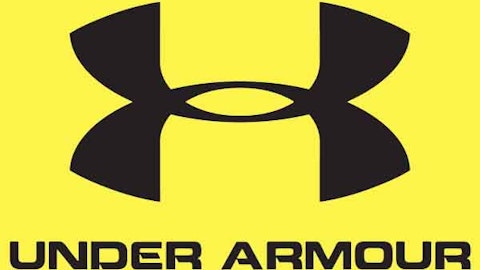Campbell Soup Company (NYSE:CPB) was in 13 hedge funds’ portfolio at the end of December. CPB has experienced a decrease in hedge fund interest recently. There were 17 hedge funds in our database with CPB positions at the end of the previous quarter.
In the financial world, there are tons of metrics shareholders can use to analyze publicly traded companies. A pair of the best are hedge fund and insider trading activity. At Insider Monkey, our research analyses have shown that, historically, those who follow the best picks of the top money managers can outperform the market by a solid amount (see just how much).
Just as important, positive insider trading activity is a second way to break down the world of equities. Just as you’d expect, there are plenty of stimuli for an upper level exec to cut shares of his or her company, but only one, very clear reason why they would buy. Many empirical studies have demonstrated the market-beating potential of this tactic if you understand where to look (learn more here).
With these “truths” under our belt, let’s take a gander at the recent action encompassing Campbell Soup Company (NYSE:CPB).
Hedge fund activity in Campbell Soup Company (NYSE:CPB)
At year’s end, a total of 13 of the hedge funds we track were bullish in this stock, a change of -24% from the third quarter. With hedgies’ capital changing hands, there exists an “upper tier” of key hedge fund managers who were boosting their holdings meaningfully.
According to our comprehensive database, Jim Simons’s Renaissance Technologies had the biggest position in Campbell Soup Company (NYSE:CPB), worth close to $109 million, accounting for 0.3% of its total 13F portfolio. Sitting at the No. 2 spot is Mario Gabelli of GAMCO Investors, with a $29 million position; the fund has 0.2% of its 13F portfolio invested in the stock. Remaining hedge funds that are bullish include Cliff Asness’s AQR Capital Management, Ken Griffin’s Citadel Investment Group and Ken Fisher’s Fisher Asset Management.
Because Campbell Soup Company (NYSE:CPB) has faced a declination in interest from the smart money, logic holds that there is a sect of funds who were dropping their entire stakes heading into 2013. Interestingly, Dmitry Balyasny’s Balyasny Asset Management dumped the largest position of the 450+ funds we key on, worth about $6 million in stock.. George Soros’s fund, Soros Fund Management, also dumped its stock, about $3 million worth. These transactions are interesting, as total hedge fund interest was cut by 4 funds heading into 2013.
How have insiders been trading Campbell Soup Company (NYSE:CPB)?
Insider trading activity, especially when it’s bullish, is best served when the company in focus has seen transactions within the past 180 days. Over the latest half-year time frame, Campbell Soup Company (NYSE:CPB) has seen zero unique insiders buying, and 7 insider sales (see the details of insider trades here).
Let’s go over hedge fund and insider activity in other stocks similar to Campbell Soup Company (NYSE:CPB). These stocks are ConAgra Foods, Inc. (NYSE:CAG), Mead Johnson Nutrition CO (NYSE:MJN), The J.M. Smucker Company (NYSE:SJM), McCormick & Company, Incorporated (NYSE:MKC), and Kellogg Company (NYSE:K). This group of stocks are in the processed & packaged goods industry and their market caps match CPB’s market cap.
| Company Name | # of Hedge Funds | # of Insiders Buying | # of Insiders Selling |
| ConAgra Foods, Inc. (NYSE:CAG) | 22 | 0 | 5 |
| Mead Johnson Nutrition CO (NYSE:MJN) | 31 | 2 | 1 |
| The J.M. Smucker Company (NYSE:SJM) | 16 | 0 | 8 |
| McCormick & Company, Incorporated (NYSE:MKC) | 13 | 0 | 5 |
| Kellogg Company (NYSE:K) | 15 | 0 | 10 |
With the results demonstrated by our studies, retail investors must always monitor hedge fund and insider trading activity, and Campbell Soup Company (NYSE:CPB) is no exception.
Click here to learn more about Insider Monkey’s Hedge Fund Newsletter
Insider Monkey’s small-cap strategy returned 37% between September 2012 and March 2013 versus 12.9% for the S&P 500 index. Try it now by clicking the link above.
